7 Ways You Can Conserve Water at Home
2022-03-28
The Earth is abundant in water. In fact, about 71 percent of the surface is water, and the oceans hold about 96.5 percent of it all. How has then water scarcity become such a pressing issue over the years that has alerted world leaders, organizations, experts and the public alike?
Although there is plenty of water, only a small percentage of it is usable by humans (
around 1 percent), out of which only 0.3 percent is drinkable. The remaining are either
the freshwater that is too frozen in the polar regions, in the form of salt water found in
oceans, or too inaccessible for practical usage. So, when there is only a limited amount
available, it becomes our responsibility to preserve it. Read the blog further to know the
ways you can conserve water at home.

Why is there a Need Conserve Water?
Saving water not only helps Mother Earth at a macroscopic level but also helps you
save quite a lot of bucks on electricity and water bill. It conserves the lakes, rivers and
ponds from water depletion, improves the solid quality and helps maintain Earth’s
temperature. Water is the source of all aquatic life. Therefore, the need to conserve
every drop available is more than ever before

Ways to Save Water at Home
Every little action goes a long way to preserve this precious resource. And the best part,
you don’t have to go big. Here are small things you can do at your home and play your
role.
Where to Get a Water Purifier that Conserves
Water?
Although there are plenty of water purifiers in the market, iLiv’s Alkaline Water Purifier is
a revolutionary technology that conserves water. Traditional water purifiers dispense 3
glasses of water for every one glass purified. iLiv reuses these 3 glasses bringing them
back to purification using its aqua reverse technology, ensuring none of it goes to waste.
It is a truly genuine water purification system that seeks to protect and preserve the
environment from water wastage and water pollution using the 0 Wastage Policy.

The Role of Alkaline Water in Digestion: Why Switch to iLiv Alkaline Machine?
2025-01-06
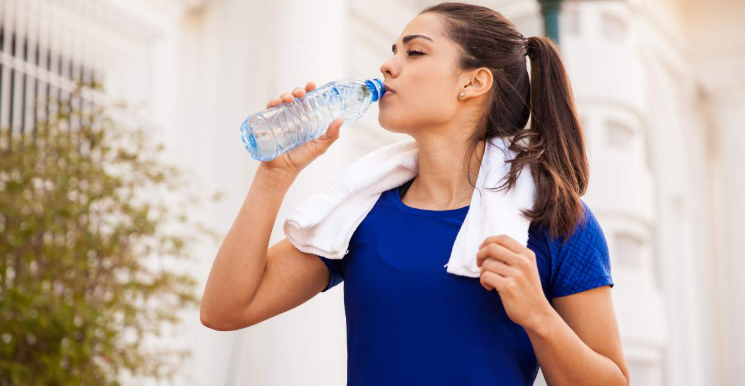
How does Alkaline water help balance pH levels in the body?
2025-01-06
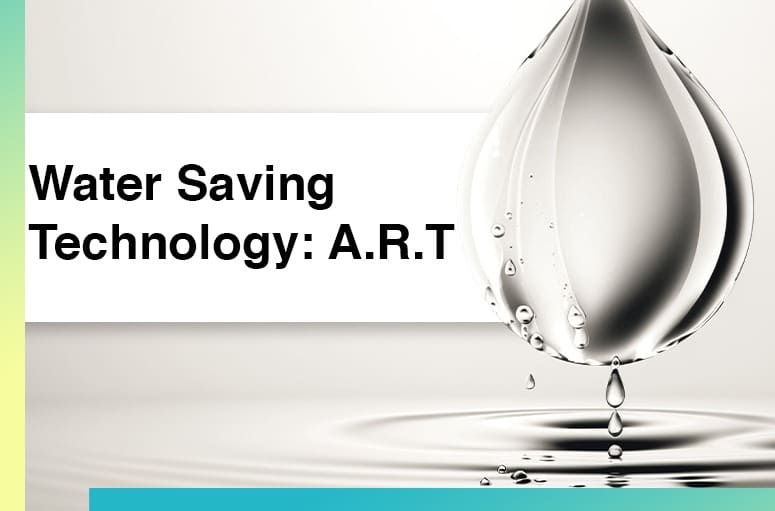
Water-Saving Technology: Aqua Reverse Technology (A.R.T)
2023-12-19

Should Athletes Drink Alkaline Water?
2023-12-19
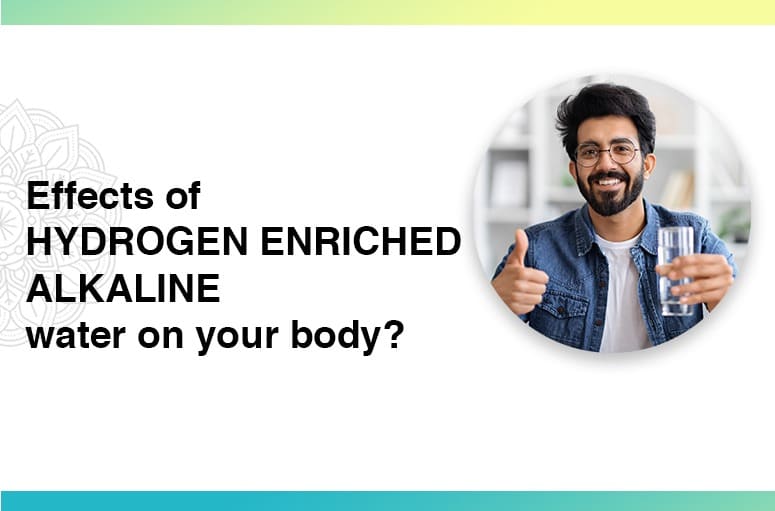
What are the effects of hydrogen-alkaline water on your body?
2023-12-19
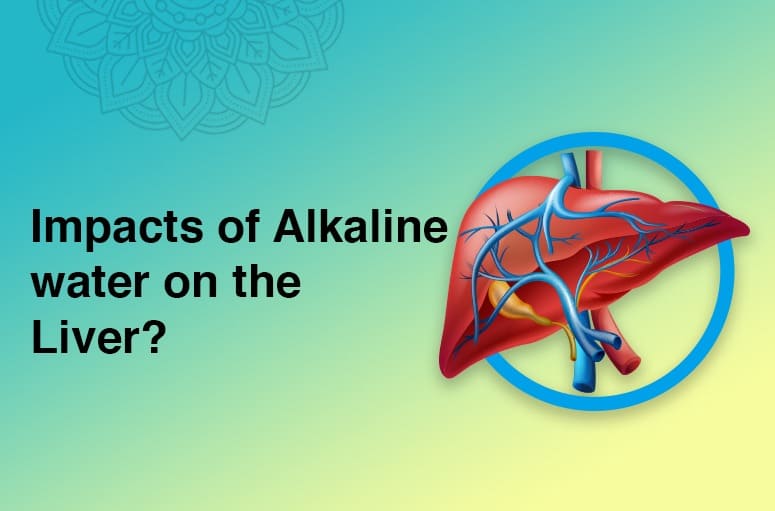
Impacts of Alkaline water on the Liver
2023-12-19
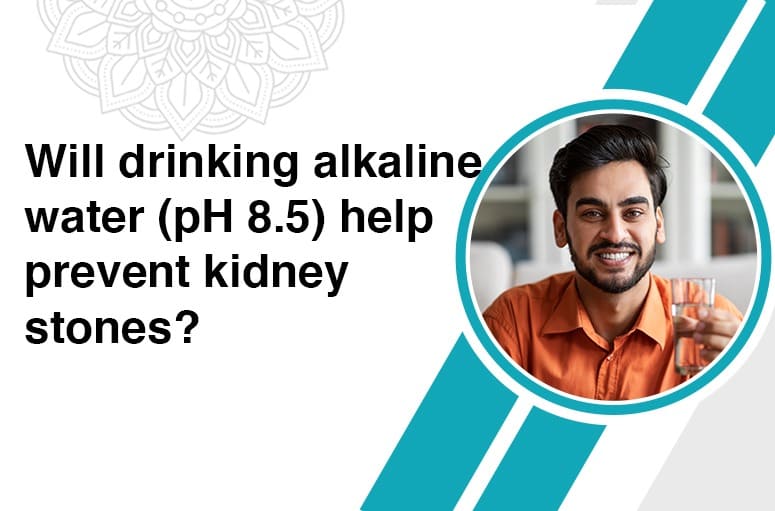
Will Alkaline Water (pH 8.5) help prevent kidney stones?
2023-12-19
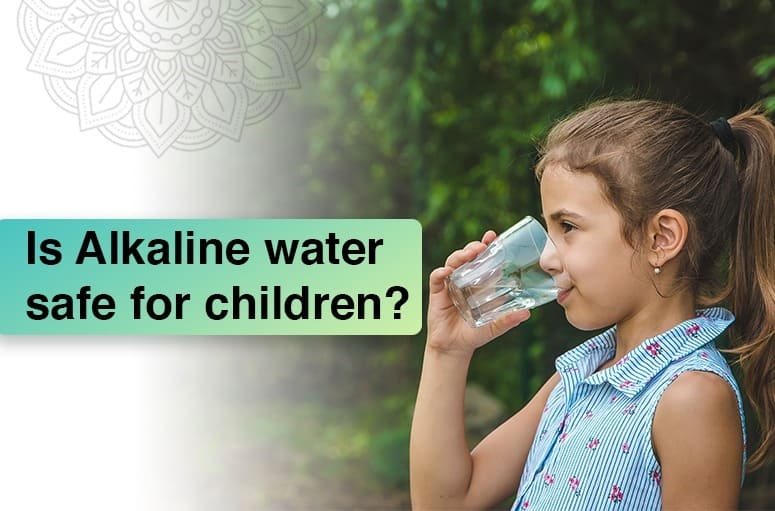
Is Alkaline Water Safe for Children?
2023-12-14
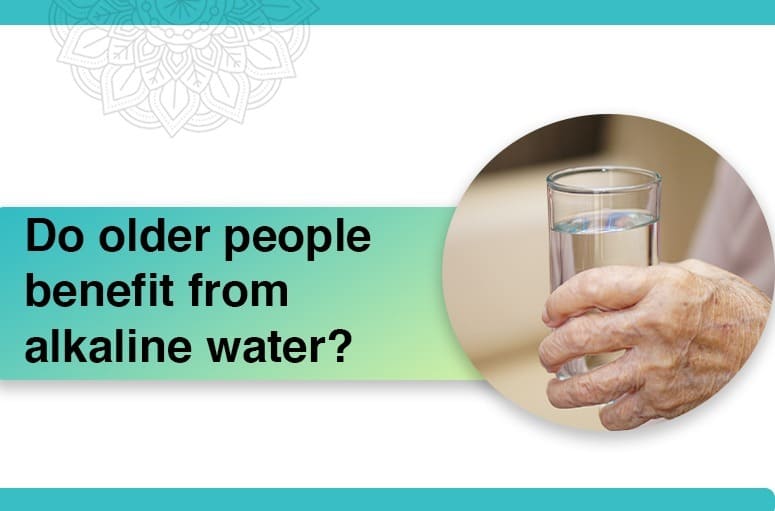
Do Older People Benefit from Alkaline Water?
2023-12-14
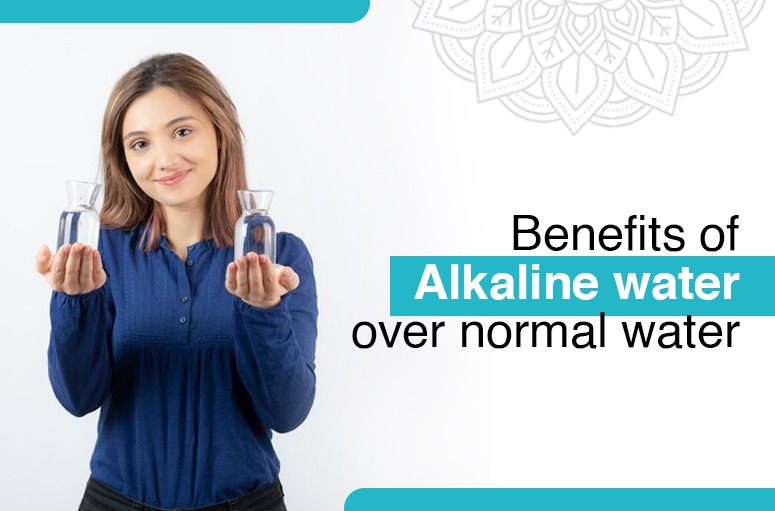
What benefits do we get from drinking alkaline water over normal water?
2023-12-11